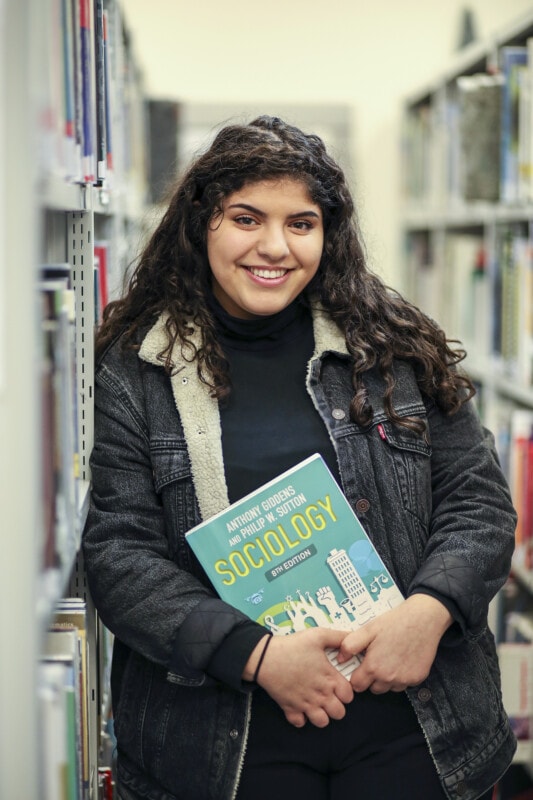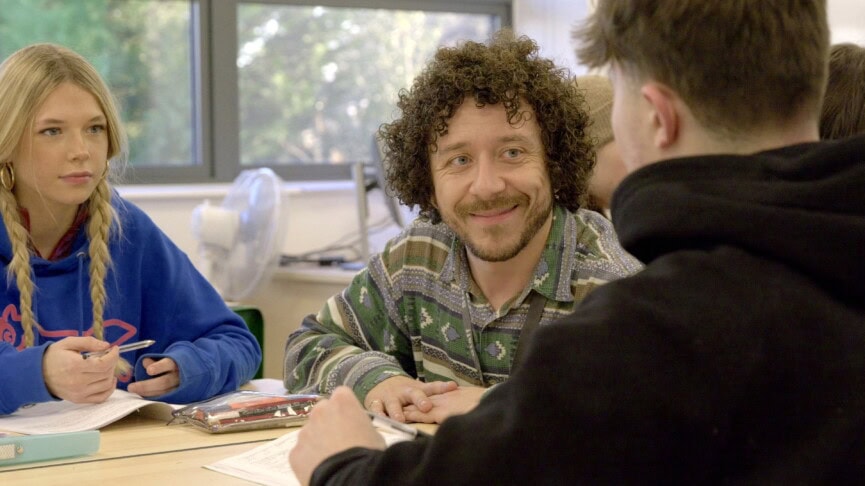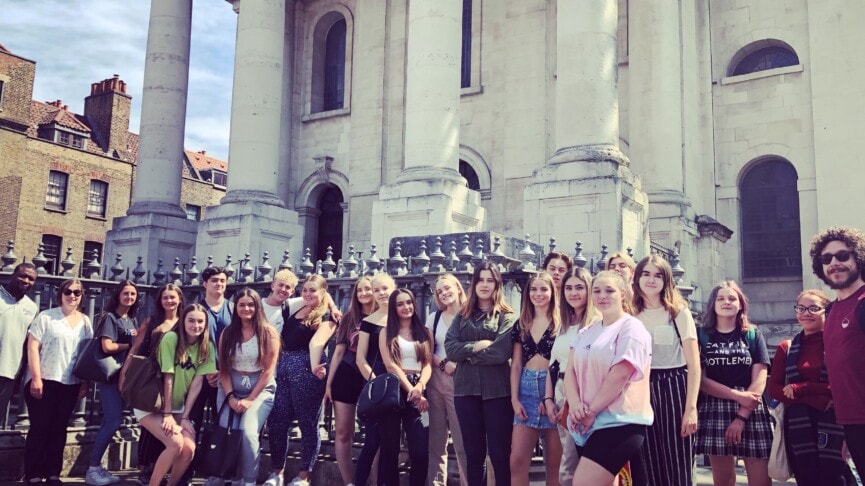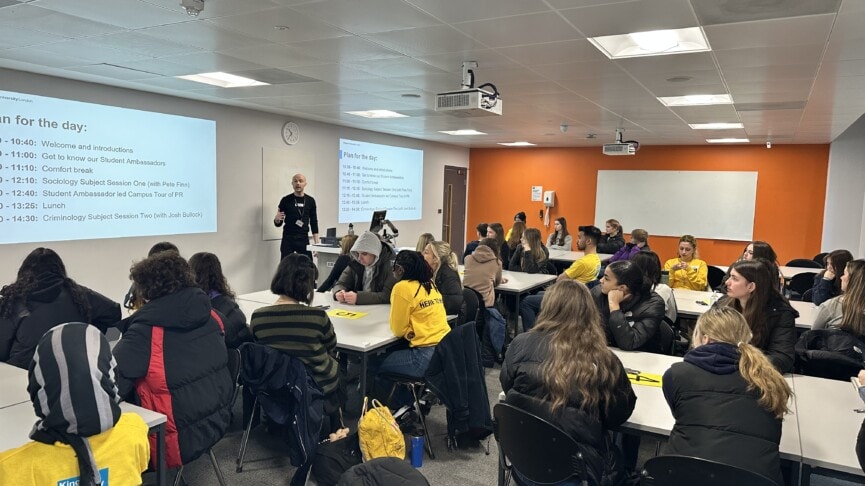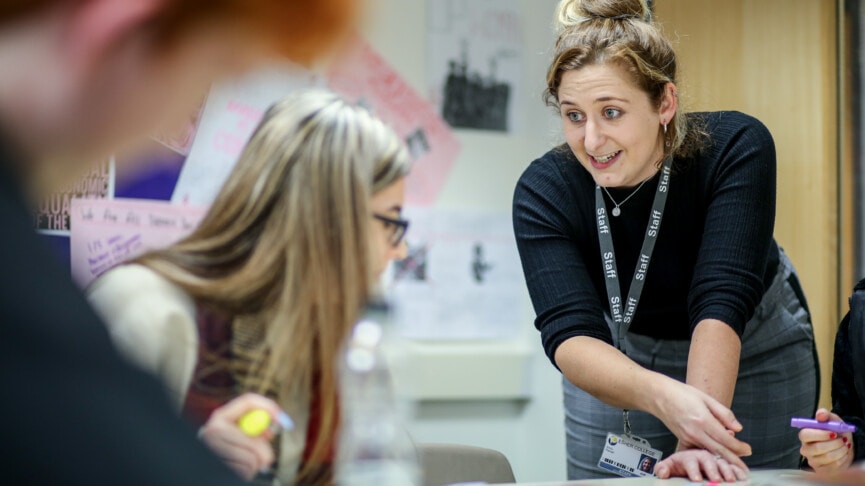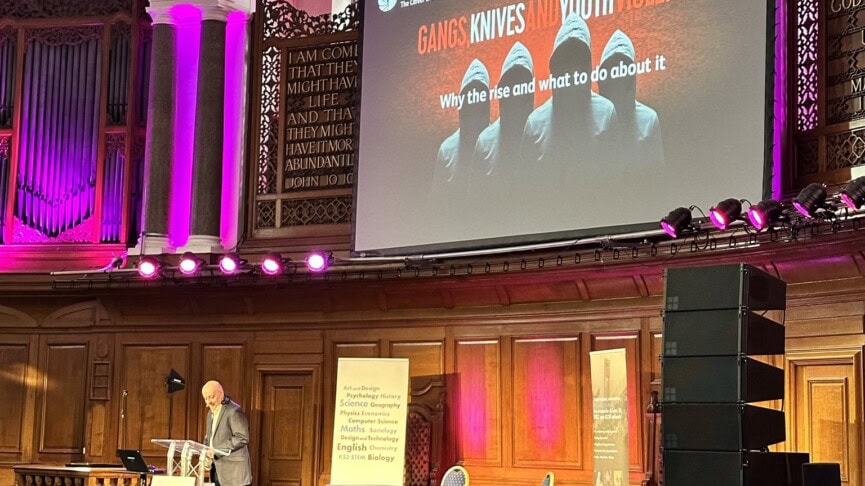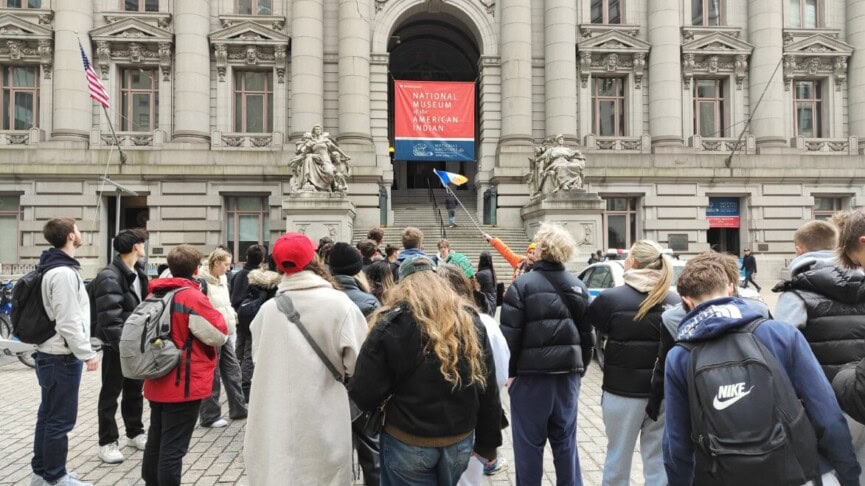Overview
Sociology is the study of human society and the social relationships and institutions within it. Sociology’s subject matter is diverse, ranging from crime, the media, the family to education, and from social stability to radical change in whole societies. Unifying the study of these diverse areas of study is Sociology’s purpose – to understand how human action and thinking both shape, and are shaped, by surrounding cultural and social structures.
You will also study the techniques that sociologists use to conduct their research, and sociological theories that seek to explain and understand the nature and development of contemporary Britain.
Throughout this two-year course you will acquire the essential knowledge and understanding of the central aspects of sociological thought and the core themes of socialisation, culture and identity, social differentiation, power and stratification and research methods.
Entry Requirements
In addition to the College Entry Requirements, to qualify for this course you will also need to achieve a minimum of:
• Grade 4 in GCSE English Language, and if taken a Grade 4 in GCSE Sociology.
Course Details
In the first year you will study ‘Families and Households’ which focuses on several key areas;
- The relationship of the family to social structure;
- Reasons for demographic changes;
- Changing patterns of marriage, cohabitation, separation, divorce and childbearing;
- The diversity of contemporary family and household structures;
- Gender, domestic labour and power relationships and childhood.
You will then study ‘Beliefs in Society’ which involves looking at the definitions of religion and the role of religious secularisation in the UK and in the global context. You will learn about the wide range of different types of religious organisations and the impact of globalisation.
You will then study ‘The Media’ which involves looking at sociological definitions of the new media and its significance, the relationship between ownership and control of the media, media representations of social groups, as well as the relationship between the media and the audience.
In the second year you will study ‘The Sociology of Education’. This topic includes;
- The functions of the education system for society;
- The changing nature of education and policies;
- The differential achievement of social groups and how relationships and processes with the school system and external factors affect achievement.
- This topic also includes an exploration of the research methods used by sociologists and their effectiveness.
Next you will study ‘Crime and Deviance’, learning about the range of sociological perspectives on crime prevention, control and punishment. You will consider the links between crime and different social groups as well as the relationship of crime to the media, globalisation and new forms of criminality such as cyber-crime. In this topic there is also an in-depth study of sociological perspectives, sociology and science, values and links to policy and research methods.
Assessment
Assessment is by three written exam papers, consisting of a range of short and extended writing questions.
Subject Combinations
A subject such as Sociology, that helps us understand the world in which we live in, will combine with a wide range of other academic subjects, particularly those in the humanities area. It is particularly appropriate to those subjects with a similar skills base and related knowledge such as English, Drama, History, Politics, Economics, Geography, Business Studies, Film and Media Studies, Psychology, and Health and Social Care. Although not directly related to science subjects it can still be an appropriate and useful contrasting subject that would develop communication skills.
University Destinations
Sociology A Level is a highly respected qualification, with 90% of our students progressing onto University.
Here are some typical University Destinations that our Sociology A Level students go on to. Click on a destination to see some examples of courses they have taken;

University of Sussex
Typical courses: Music Technology / Accounting and Finance / International Relations / Criminology and Sociology / Social Sciences (with a foundation year) / International Relations / Law / English Language and Linguistics
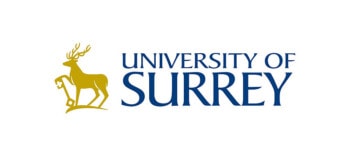
University of Surrey
Typical courses: Midwifery: Registered Midwife / International Event Management / Nursing Studies (Registered Nurse Adult Nursing) / Business Management (Business Analytics) / Sociology / Psychology with Foundation Year / Nursing Studies (Registered Nurse Children & Young People Nursing) / Criminology with Foundation Year
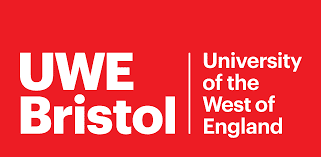
University of the West of England
Typical courses: Media Communications (with Foundation Year) / Midwifery / Media Production / Architectural Technology and Design / Politics and International Relations / Marketing
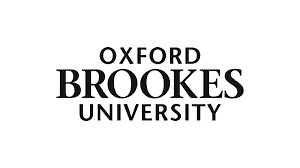
Oxford Brookes University
Typical courses: Media, Journalism and Publishing / Primary Teacher Education (Campus-based) / Criminology and Sociology / Sport, Coaching and Physical Education / Criminology
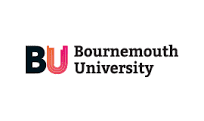
Bournemouth University
Typical courses: International Hospitality Management / Law / Criminology with Psychology / Marketing Communications with Advertising / Criminology

University of Portsmouth
Typical courses: International Business / Sociology with Criminology / Business and Management / Psychology / Counter Terrorism, Intelligence and Cybercrime (Dual Degree)
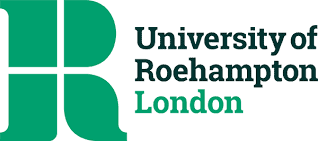
University of Roehampton
Typical courses: Sociology and Social Anthropology / Photography and Film / Liberal Arts / Media and Communications / Therapeutic Psychology
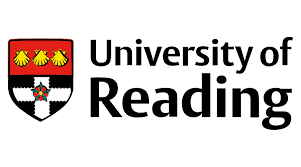
University of Reading
Typical courses: Speech and Language Therapy / Real Estate / Ancient History and Archaeology / Applied Psychology (Clinical) / International Business and Management with Year Abroad
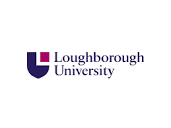
Loughborough University
Typical courses: Economics Management (with placement year) / Psychology (with placement year) / History
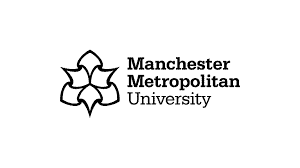
Manchester Metropolitan University
Typical courses: Film and Media Studies / Sport Coaching and Development / Psychology / Filmmaking
Careers
A Sociology A Level trains you to answer the What? How? and Why? about human societies, giving you a competitive edge in the job market and providing a strong intellectual background for students considering careers in the professions or business, health and welfare, administration, education, journalism, public relations, police or research.
FAQs
Will it matter if I have not studied Sociology at school?
No, not at all. Sociology is not often taught in schools and we do not assume any previous knowledge.
What extra support/enrichment activities are on offer?
The department offers subject tutorials to support students on a one-to-one basis as well as end of topic revision sessions throughout the year:
Our Learning Resource Centres offer extensive online resources that you can use in college or at home. To find out more visit: Online Subscriptions for Sociology.
Towards the exams, more extensive revision sessions are offered which include skills-based sessions. The department enjoys talks from visiting speakers on contemporary topics and in previous years we have had university lecturers and young people speaking about their experiences within the criminal justice system.
The department has also organised trips to the Royal Courts of Justice, Cambridge University and New York.
What’s the difference between Sociology and Psychology A Level?
Psychology and Sociology are similar but very different subjects. Psychology focuses on the individual and the mind, Sociology focuses on the group and human society.
